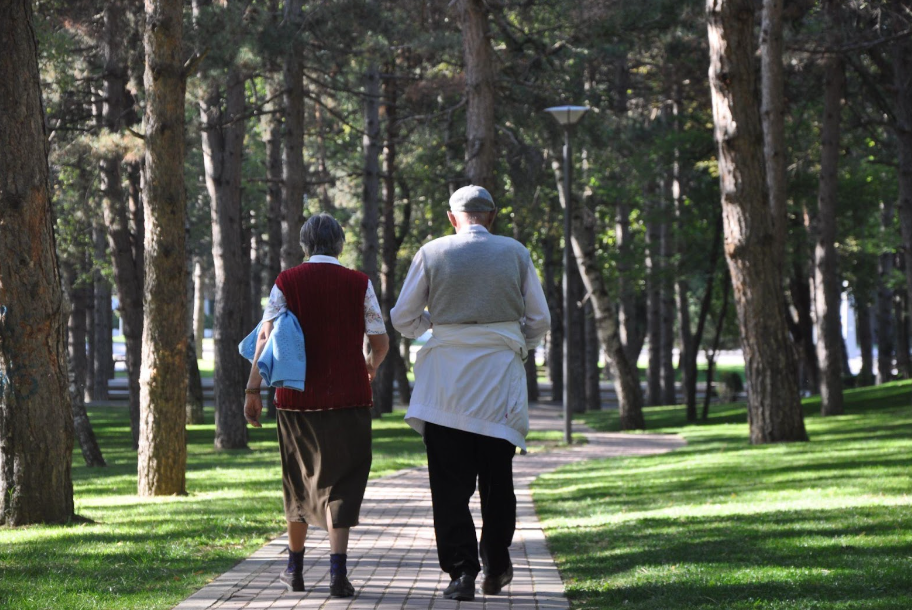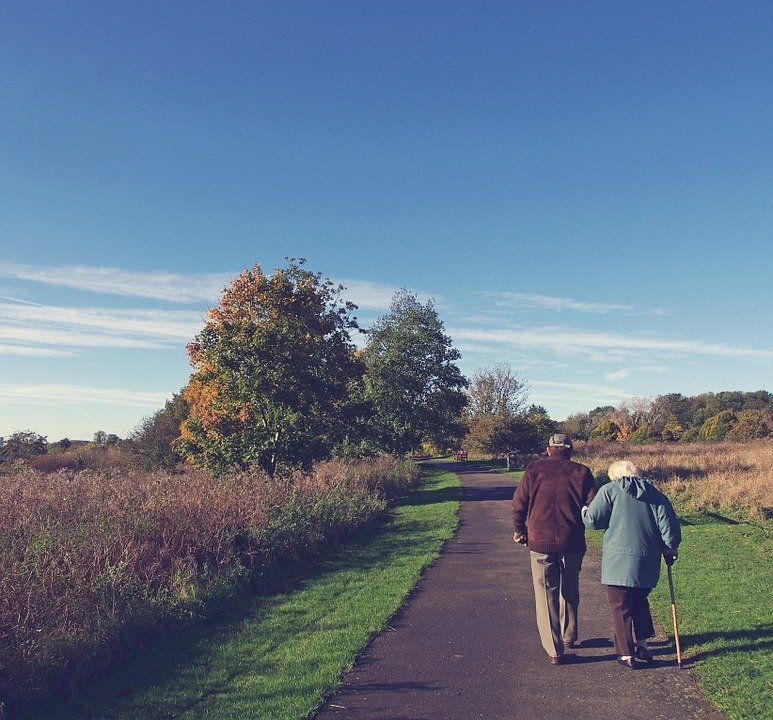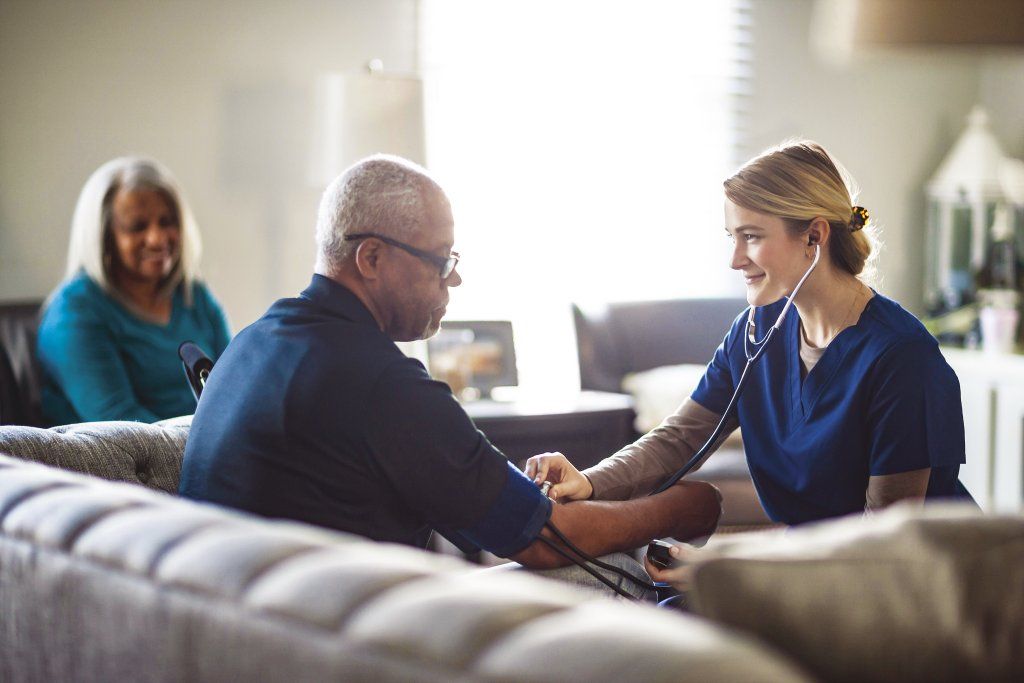Tips on How to Take Care of Your Mental Health
- By PatientPoint Launch
- •
- 10 May, 2023

May is recognized as Mental Health Awareness Month, a time to raise awareness and promote understanding of mental health issues. It's an opportunity to start conversations, break down stigmas, and encourage individuals to seek support for their mental well-being.
What is the Purpose of Mental Health Awareness Month
The goal is to encourage people to seek help, educate communities about mental health, and advocate for policies that improve access to mental health care. By increasing awareness and understanding, Mental Health Awareness Month aims to promote a message of hope and recovery for those affected by mental illness.
As we age, there are many factors that can affect our mental health including isolation, sickness or job loss. It is important that you remember that you are never alone and that it’s okay to not be okay and to reach out for help.
Top Tips for Optimum Mental Health
It's important to remember that taking care of your mental health is a journey. It's never too late to start prioritizing your mental health, and making small changes to your daily routine can have a big impact on your overall well-being. Remember to be patient with yourself and take things one step at a time.
Remember that mental health issues are not a sign of weakness or a personal failing. Mental health conditions are common and can affect anyone, regardless of age, gender, or background. Seeking help for mental health concerns is a brave and necessary step towards improving your well-being.
- Stay Active and Engaged
Seniors can try finding an enjoyable activity, such as walking or swimming, to develop healthy habits that will become a regular part of their daily routine.
Socializing with friends and family is also vital for maintaining good mental health, particularly for seniors who may feel isolated. Joining groups like walking clubs could be a great way to meet other seniors with common interests.
- Work on Cognitive Health
Whether you enjoy jigsaw puzzles, crosswords, Sudoku, or adult coloring books, working on them alone can help give your brain a boost. And, if you want to have some fun with your friends or family, playing card games or board games is another great way to keep your mind sharp while spending quality time together.
- Maintain a Healthy Diet
A healthy diet can also help reduce the risk of chronic health conditions such as heart disease, diabetes, and obesity.
- Volunteer
The benefits of volunteering go beyond just helping a good cause. It can also have a positive impact on seniors' physical, emotional, and mental health. Volunteering allows seniors to share their skills and expertise with others, whether it's reading to children or lending a hand at a local hospital, food bank, or soup kitchen. This not only helps them stay active and engaged but also helps them make new friends and become part of a vibrant and diverse community. So, if you're looking for a way to give back and enrich your own life, volunteering could be the perfect opportunity for you.
- Seek Help When You Need It
At Premier Home Care, we offer many services that include in-home mental health assessments and mental health counseling. Remember that taking care of your mental health is just as important as taking care of your physical health. Reach out to us today.








